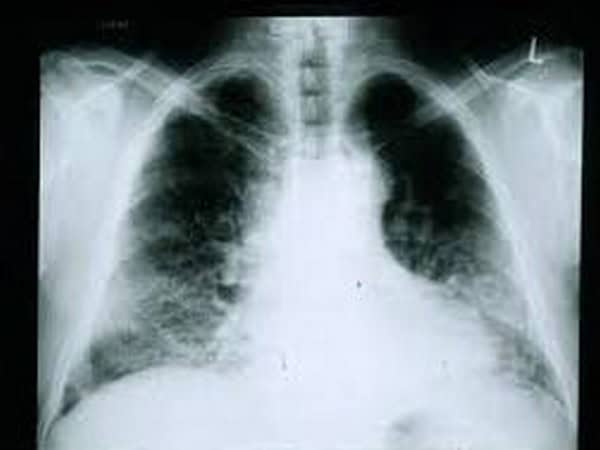New York: Researchers from University of Central Florida in the US have taught a computer how to detect tiny specks of lung cancer in computed tomography (CT) scans, which radiologists often have a difficult time identifying.
The Artificial Intelligence (AI) system is about 95 per cent accurate, compared to 65 per cent when done by human eyes, the team said.
“We used the brain as a model to create our system,” one of the researchers Rodney LaLonde said in a statement released by the university.
The approach is similar to the algorithms that facial-recognition software uses. It scans thousands of faces looking for a particular pattern to find its match.
The group fed more than 1,000 CT scans into the software they developed to help the computer learn to look for the tumours, according to the research to be presented at the MICCAI 2018 conference in Spain in September.
“I believe this will have a very big impact,” said Assistant Professor Ulas Bagci.
“Lung cancer is the number one cancer killer in the US and if detected in late stages, the survival rate is only 17 percent. By finding ways to help identify earlier, I think we can help increase survival rates,” Bagci added.
The next step is to move the research project into a hospital setting. After that, the technology could be a year or two away from the marketplace, Bagci said.
[source_without_link]IANS[/source_without_link]

